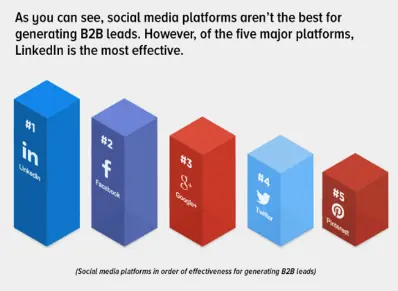Technology and AI Innovation in the Health Insurance Sector
Streamlining health insurance with AI and Machine Learning innovations is not a conjectural dream but already being implemented as new technology digitizes the health insurance management systems. The health insurance landscape in the UAE is rapidly changing with the...

Streamlining health insurance with AI and Machine Learning innovations is not a conjectural dream but already being implemented as new technology digitizes the health insurance management systems.
The health insurance landscape in the UAE is rapidly changing with the impact of AI and other technological innovations introduced recently. This will streamline insurance coverage for the end user, the systems in place responsible for speeding up approvals as well the implementation from third party organizations marketing a plethora of insurance policies representing various insurance providers.
 Chief Marketing and Digital Transformation Officer
Chief Marketing and Digital Transformation Officer
InsuranceMarket.ae
In December 2024, UAE’s Ministry of Human Resources (MOHRE) announced a mandatory health insurance basic cover for all private sector employees and domestic workers who joined the workforce from January 1, 2024. As announced by Dr Mohammad Salem Al Olama, undersecretary of UAE’s Ministry of Health and Prevention (MoHAP), this new insurance cover is going to be linked to the integrated digital healthcare system, the Riayati platform which is part of UAE’s National Unified Medical Record (NUMR) and the population health management projects.
The health ministry and the UAE government is taking bold steps to integrate health insurance system with the national healthcare system digitally which will help further the cause of an integrated healthcare delivery system in UAE.
As of now, the health insurance sector has absorbed digitization, machine learning and AI into its back-office systems as well as in interface with clients.
Speaking to Health, Hitesh Motwani, Chief Marketing and Digital Transformation Officer at InsuranceMarket.ae shared the way the insurance sector including their organization has taken to integration of their back-office operations with Generative AI.
“Generative AI holds immense potential in organizing back-office workflows in the insurance industry, particularly in areas like claims processing, procedure coding, pricing accuracy, and approval workflows. While its application is still in the early stages for many organizations, there are promising advancements and pilot implementations across the industry.”
Enumerating the areas of implementation Motwani said, “here’s how Generative AI is shaping the health insurance space
Precision in Procedure Coding and Pricing: Generative Generative can analyze and cross reference large datasets of procedure codes, medical terminology, and associated pricing models. This ensures accuracy and consistency, minimizing errors that might arise from manual inputs. Insurance companies and brokers can benefit from this by aligning their pricing structures more closely with real-world data, improving transparency and efficiency. Accelerating the Approval Process: AI-driven systems can automate the review of patient and procedure data, expediting pre-authorization and claims approval workflows. By eliminating bottlenecks associated with manual checks, AI can significantly reduce processing times, allowing patients to receive faster responses and approvals. Current Adoption: While full-scale implementation of generative AI is not yet widespread, several insurers and healthcare administrators are exploring its potential through pilot projects. These initiatives focus on automating specific components like document review, data entry, and pricing validation, with the goal of scaling up as success metrics are achieved.Motwani further pointed out that there was immense potential for expansion in this area. “As the technology matures, its adoption is expected to grow, transforming not only the back-office workflows but also the overall customer experience in the insurance and healthcare sectors.”
Besides back-office systems integration, AI and Machine Learning software is being used widely in detecting fraud, waste and abuse in insurance claims. The health insurance data base is huge and it becomes manually impossible for insurance staff to process claims smoothly while being able to detect any phony claims.
However, with new tools and software based on Artificial Intelligence (AI) and Machine Learning (ML) algorithms, insurers are finding it possible to combat health insurance fraud. The advanced analytics software allows insurances to deeply analyze each case study, look at the history of illnesses of a patient, their claims pattern and identify if there is fraudulent activity. Now, this is being applied to random cases. As research evolves, advanced and sophisticated software systems based on AI algorithms are being introduced which will help largely eliminate fraud or at least help the insurer flag a trend, say market pundits.

 FrankLin
FrankLin 






























